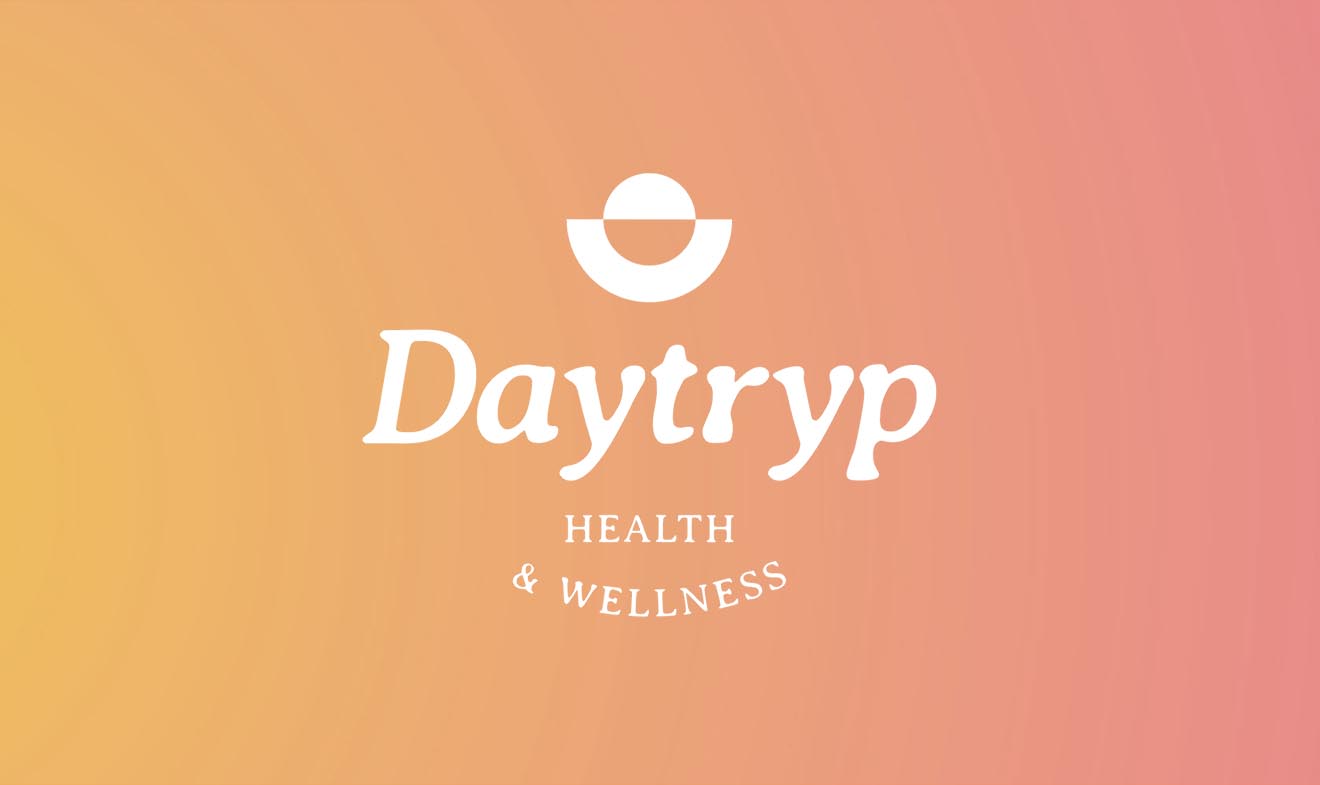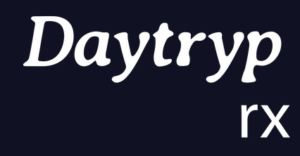Ketamine Therapy for Postpartum Depression – The journey into motherhood is often described as one of the most beautiful and transformative experiences in a woman’s life. However, for some, the postpartum period can bring unexpected and overwhelming emotional challenges. Postpartum depression, a condition that affects many new mothers, can cast a shadow over what should be a joyful time.
Understanding Postpartum Depression: Navigating the Shadows of Motherhood
Postpartum depression is a mental health condition that can occur after childbirth, affecting mothers physically, emotionally, and psychologically. It is characterized by persistent feelings of sadness, despair, guilt, and hopelessness, often accompanied by physical symptoms such as fatigue and changes in appetite. The arrival of a newborn can be both joyful and overwhelming, and postpartum depression adds a layer of complexity to the emotional rollercoaster that new mothers often experience.
The Complexity of Postpartum Depression
Postpartum depression is a complex and multifaceted condition. It can be triggered by a combination of hormonal changes, sleep deprivation, physical recovery from childbirth, and the emotional challenges of adjusting to a new role as a mother. In addition, the societal pressure to meet idealized standards of motherhood can exacerbate feelings of inadequacy and isolation.
Traditional Approaches and Their Limitations
Traditional treatments for postpartum depression typically include talk therapy, medication, and lifestyle adjustments. While these approaches can be effective for some, they may not address the root causes of postpartum depression or provide immediate relief to mothers who are suffering. This is where ketamine therapy enters the picture as a potential game-changer.
Ketamine Therapy for Postpartum Depression: Illuminating the Path to Healing
Ketamine therapy has gained recognition for its remarkable potential in treating depression, including postpartum depression. Here’s how ketamine therapy can make a significant difference for new mothers:
- Rapid Relief: Ketamine’s fast-acting properties can provide rapid relief from the debilitating symptoms of postpartum depression, offering mothers immediate relief from emotional suffering.
- Emotional Processing: Postpartum depression often stems from complex emotional issues related to motherhood, identity, and self-worth. Ketamine therapy facilitates deep emotional processing, allowing mothers to explore and resolve these underlying issues.
- Enhanced Self-Awareness: Ketamine-induced states can enhance self-awareness, helping mothers understand the triggers and thought patterns that contribute to their depression. This self-awareness is crucial for developing healthier coping strategies.
- Reduction of Negative Self-Talk: Ketamine therapy can help reframe negative thought patterns and reduce self-critical inner dialogues, fostering self-compassion and self-acceptance.
- Building Resilience: Motherhood demands resilience, and ketamine therapy can empower mothers to build emotional resilience and face the challenges of parenting with a greater sense of inner strength.
- Fostering Connection: Postpartum depression can lead to feelings of isolation. Ketamine therapy can provide mothers with a sense of connection to themselves and their loved ones, strengthening their support networks.
The Role of Skilled Clinicians in Ketamine Therapy for Postpartum Depression
Ketamine therapy for postpartum depression should be administered by skilled clinicians who understand the unique challenges faced by new mothers. These clinicians can tailor the treatment to each mother’s specific needs, taking into account her medical history, emotional state, and treatment goals.
Integration and Ongoing Support during Ketamine Therapy for Postpartum Depression
Ketamine therapy is not a standalone solution but part of a comprehensive approach to postpartum depression. Integration, which involves processing and applying insights gained during ketamine sessions, is crucial for long-term healing. Ongoing support from clinicians and therapists helps mothers maintain their progress and build resilience as they navigate the demands of motherhood.
Ethical Considerations and Informed Consent
The use of ketamine therapy in postpartum depression should adhere to ethical guidelines, including informed consent and open communication between mothers and their healthcare providers. Mothers must be fully informed about the potential benefits, risks, and outcomes of ketamine therapy and provide consent willingly and autonomously.
A mother’s journey into motherhood
Postpartum depression need not define a mother’s journey into motherhood. Ketamine therapy, with its rapid relief and transformative potential, offers new hope and healing to mothers facing the shadows of postpartum depression. Through the intentional use of Ketamine Therapy for Postpartum Depression, mothers can find solace, rediscover their strength, and embrace the joys of motherhood with open hearts. Together, we illuminate the path toward a future where postpartum depression need not overshadow the profound beauty and transformation of motherhood.










 Daytryp Health has taken
Daytryp Health has taken  The
The 